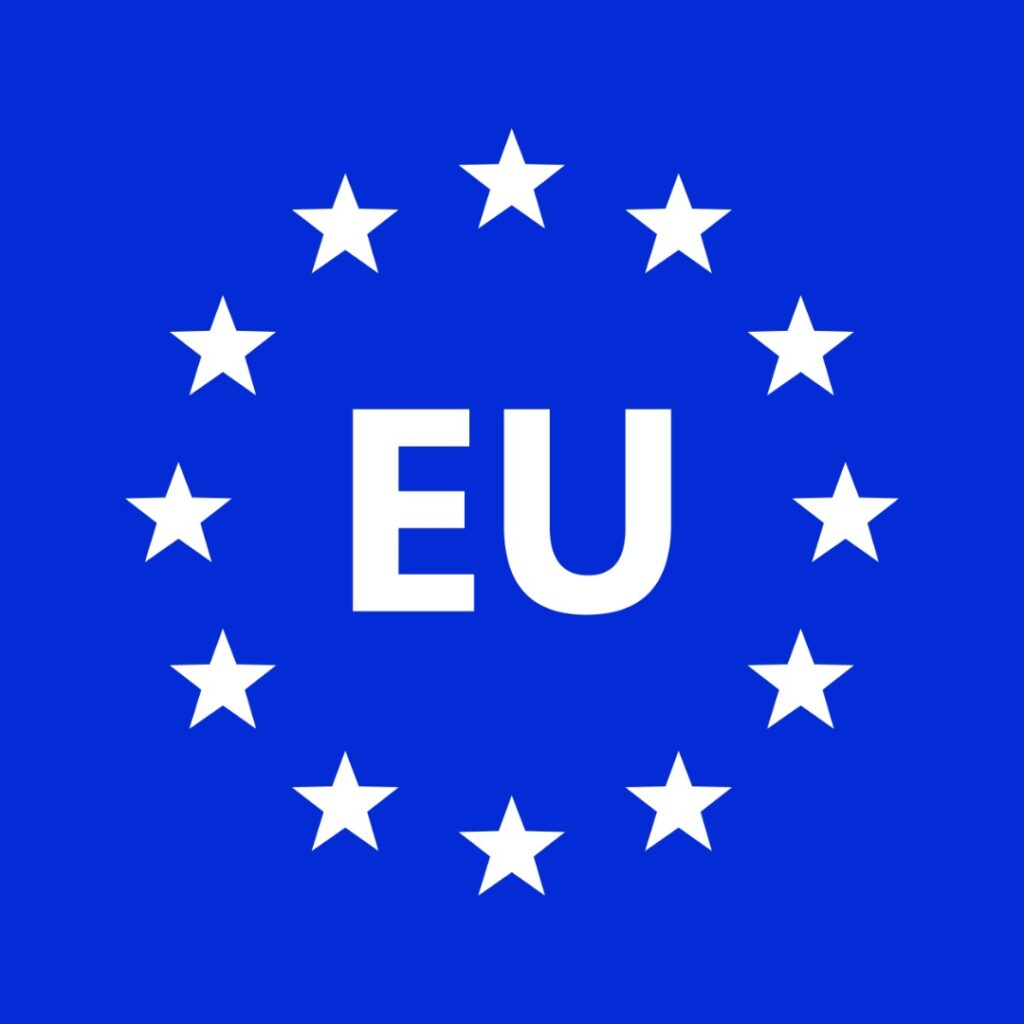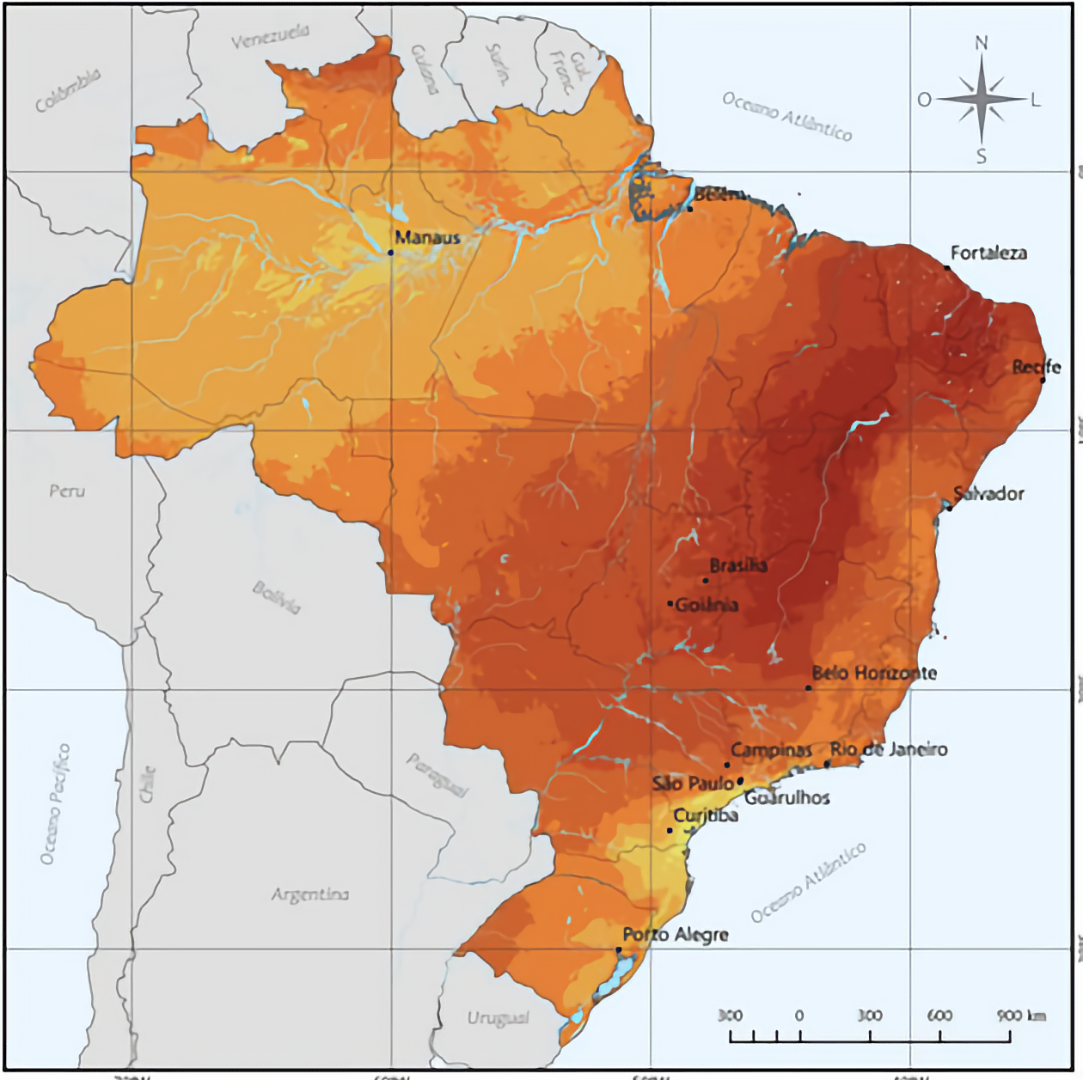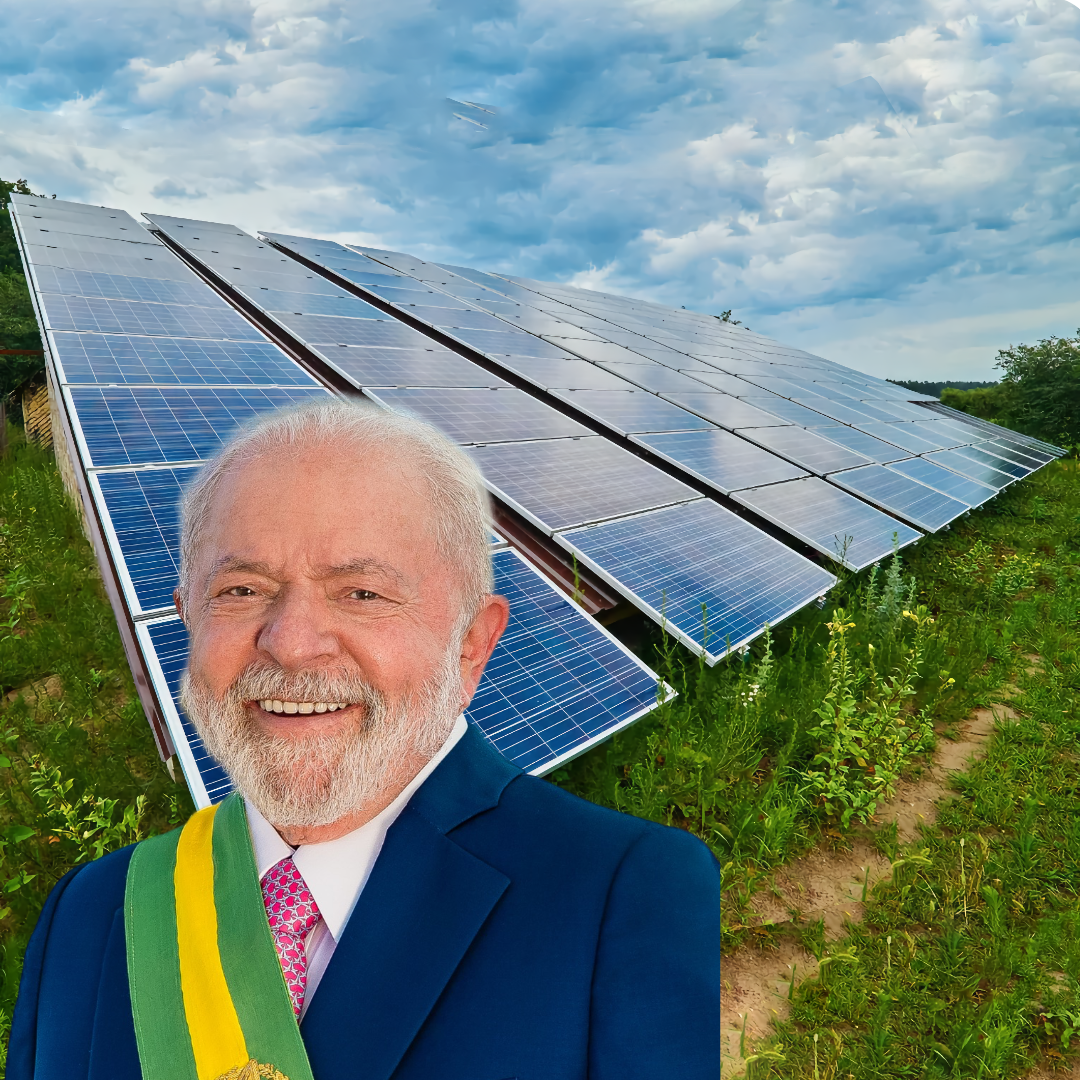European Parliament press room:
The European Parliament has recently taken steps to strengthen consumer rights and ensure transparency in product advertising. An agreement was reached to update and expand the EU’s current list of banned business practices, which will address prevalent issues related to greenwashing and premature product wear and tear.
Here’s what you need to know about the latest developments:
Prohibited practices:
-
- Use of vague environmental terms such as “eco,” “natural,” “biodegradable,” without concrete evidence of excellent environmental performance.
- Marketing products designed with a feature that reduces their lifespan without providing relevant information about those features.
- Assert that a product has a neutral or positive environmental impact based on emission offset schemes.
- Promote sustainability brands that are not supported by approved certifications or public authorities.
- …
Biljana Borzan commented on recent developments, “We are paving the way for consumers to make informed choices. From recalling legal guarantees in every EU store and on some packaging to a new label indicating extended guarantees, the EU is prioritizing durability and transparency. The series of vague environmental claims will now have to be backed up and emissions offset claims will be strictly banned.”
What’s next?
Before becoming official legislation, the tentative agreement will have to be approved by both Parliament and the Council. MEPs are scheduled to vote in November. Once ratified, member states will have two years to incorporate the new rules into national legislation.
With these initiatives, the European Union is taking significant steps toward protecting consumers from deceptive practices and empowering them with more information about products.
Comment by OxygenSavesthePlanet:
While we welcome the European Parliament’s position on greenwashing and emphasis on product durability, we are somewhat concerned about the total elimination of carbon offset projects. Not all carbon offsetting initiatives are equal, and a blanket ban may fail to take into account the potential value of some truly effective initiatives.
ARR (Afforestation, Reforestation and Revegetation) projects, for example, are promising and can make significant strides in carbon sequestration and restoration of our ecosystems. The key lies in rigorous monitoring to ensure that these projects deliver on their promises and fully contextualize their impact on products.
However, while these initiatives are essential, we should not lose sight of the bigger picture. There is an urgent need to address emissions that cannot be reduced immediately. This includes reimagining production processes and managing pollution from logistics. This is a multifaceted problem, and while we support the EU’s proactive approach, we must ensure that we do not set aside valuable tools in the broader fight against climate change.
Source: EU Press Room



